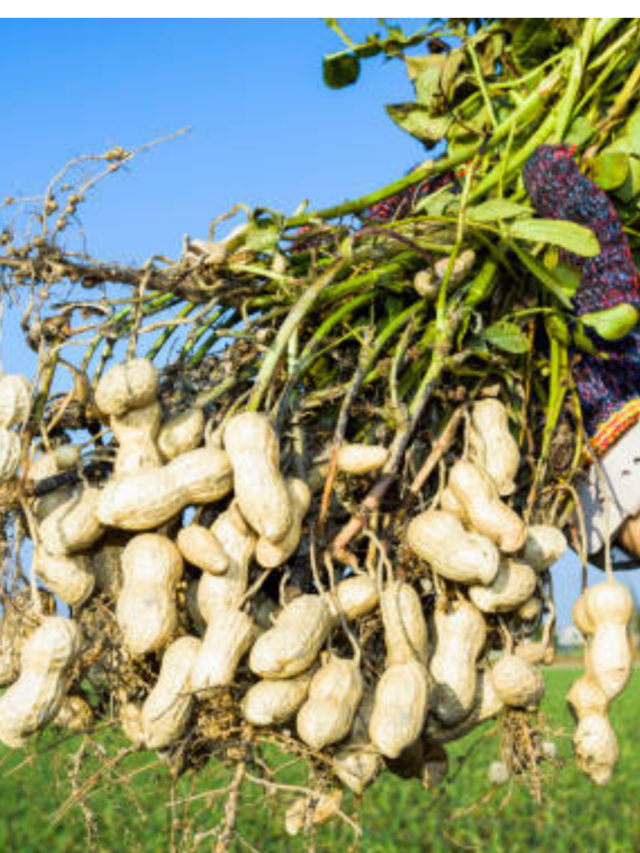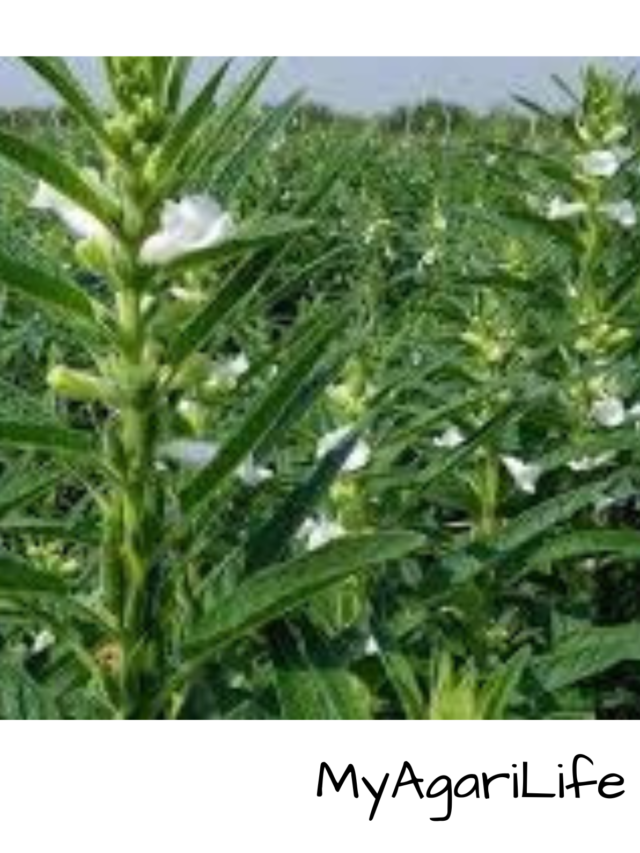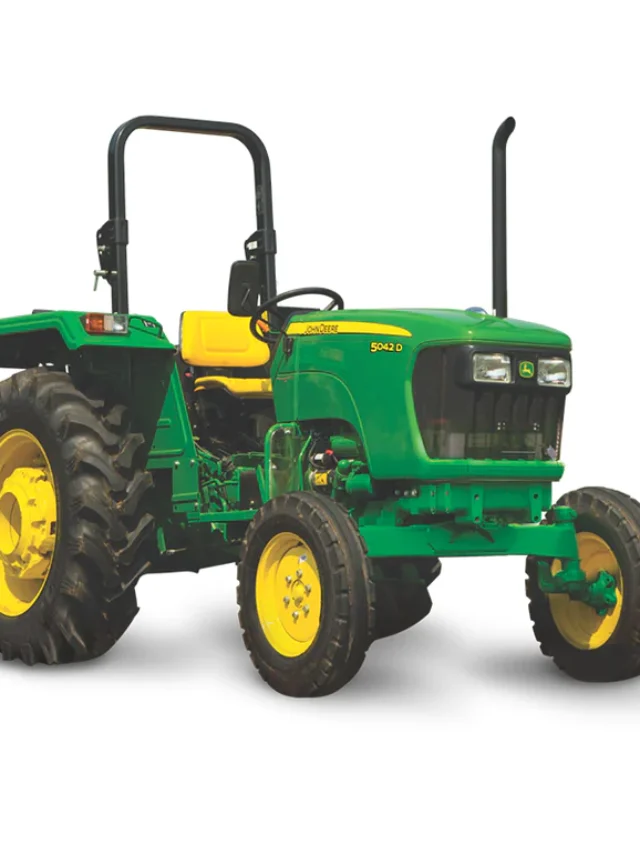We address some of the world’s most pressing global challenges and continue to develop new solutions. The population is constantly growing and its age is increasing. That is why it needs better medicines and high-quality food in sufficient quantities. Learn more about it here.
Agricultural methods, also known as farming methods, refer to the techniques and practices used in the cultivation of crops and the rearing of animals. These methods are employed by farmers to maximize productivity, sustainability, and efficiency in agricultural systems.
Agricultural methods can vary widely depending on factors such as climate, soil conditions, available resources, and cultural practices.
1.Traditional Methods
2.Conventional Methods
3.Organic Methods
4.Precision Farming
5.Sustainable Agriculture
6.Agroforestry
7.Hydroponics and Vertical Farming
Agricultural crops refer to plants that are cultivated and harvested for various purposes, including food, fiber, fuel, medicinal uses, and other commercial applications. These crops form the backbone of agriculture and are vital for human sustenance and economic activities.
1.vagetabl
2.fruit
3.flowers
Agri-tech, short for agricultural technology, is a rapidly growing field that leverages technological advancements to enhance productivity, sustainability, and efficiency in the agriculture industry. It combines various technologies, such as precision agriculture, data analytics, biotechnology, robotics, and artificial intelligence, to revolutionize farming practices and address the challenges faced by modern agriculture.
Through agri-tech, farmers and agricultural businesses can optimize crop production, improve resource management, reduce environmental impact, and enhance overall profitability. By utilizing real-time data, sensors, and automated systems, farmers can make informed decisions regarding irrigation, fertilization, pest control, and harvesting, leading to increased yields and reduced waste.
Livestock farming, also known as animal husbandry, refers to the practice of raising animals for various purposes, including meat, milk, eggs, and other byproducts. It involves the management and care of domesticated animals, such as cattle, pigs, poultry, sheep, and goats, for agricultural production.
Livestock farming plays a crucial role in providing a significant portion of the world’s food supply and fulfilling various nutritional needs. It involves breeding, feeding, housing, and healthcare of animals to ensure their well-being and optimal productivity.
Agri seeds, short for agricultural seeds, are the fundamental units used in plant propagation and crop production. They are the seeds specifically selected and bred for their desired traits, such as high yield, disease resistance, improved nutritional content, and adaptability to different environmental conditions.
Agri seeds serve as the starting point for farmers and gardeners to grow crops and plants. They come in various forms, including grains, fruits, vegetables, and ornamental plants. These seeds can be obtained from commercial seed companies, seed banks, research institutions, or saved by farmers from previous harvests.
Agricultural pesticides are chemical substances used to control pests, including insects, weeds, fungi, and other organisms that can damage crops and reduce agricultural productivity. They are an integral part of modern agricultural practices and are used to prevent or mitigate crop losses caused by pests.
Pesticides work by interfering with the physiological processes of pests, either by directly killing them or by disrupting their feeding, reproduction, or growth cycles. They come in various forms, such as insecticides, herbicides, fungicides, and rodenticides, each designed to target specific types of pests.
Agricultural pesticides are chemical substances used to control pests, including insects, weeds, fungi, and other organisms that can damage crops and reduce agricultural productivity. They are an integral part of modern agricultural practices and are used to prevent or mitigate crop losses caused by pests.
Pesticides work by interfering with the physiological processes of pests, either by directly killing them or by disrupting their feeding, reproduction, or growth cycles. They come in various forms, such as insecticides, herbicides, fungicides, and rodenticides, each designed to target specific types of pests.
Most Popular Category
The Future of USA Agriculture
Did you know that in America’s agricultural landscape, it takes just one farmer to manage an entire square kilometer of farmland? This remarkable efficiency showcases
Innovating Agriculture: The Israeli Approach to Sustainable Farming Technology
Israel, a country with scarce water resources and a challenging desert environment, has emerged as a global leader in agricultural technology. Through innovation and determination,
A Comprehensive Guide to Best Carbon Farming Practices
Introduction Carbon farming is an agricultural method designed to sequester atmospheric carbon dioxide into the soil and vegetation. This practice not only helps mitigate climate
How To Grow Wheat Efficiently On A Large Farm
Content of Table: 1.Introduction 2.Soil Preparation 3.Seed Selection and Preparation 4.Crop Rotation and Planning 5.Irrigation and Water Management 6.Weed, Pest, and Disease Management 7.Nutrient Management
Blockchain’s Impact on Food Security and Trust
Content of Table: 1.Introduction 2.The importance of trust in food 3.Understanding blockchain technology 4.How blockchain enhances transparency in the food industry 5.Securing the supply chain
What is the Future of our Grocery Stores?
Content of Table: 1.Introduction 2.Technological Advancements 3.Sustainability and Eco-Friendly Practices 4.Online Grocery Shopping and Delivery Services 5.Shift towards Health and Wellness 6.Social and Community Spaces

























